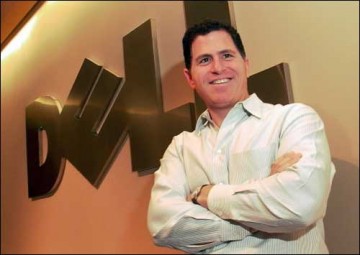An industry body has been adding up some numbers and reached the conclusion that the UK channel is the most optimistic.
CompTIA has just released its latest IT Industry Outlook 2016 report in which it asked 673 IT company execs in the UK, Canada and US how they felt the year would turn out.
Those from the UK were the most optimistic, forecasting growth of 4.9 percent on average and some even said things like seven percent growth. All this was driven by demand for the “staple” categories of hardware, software, services and telecoms, and supplemented with new revenue streams from emerging categories.
Tim Herbert, senior vice president, research and market intelligence at CompTIA, said: “Businesses of all sizes increasingly recognise the need to remake their workflows and customer engagement practices with an eye towards digital transformation. If investments in these technologies accelerate, and the economy holds steady, growth could lean towards the upside of the forecast.”
CompTIA identified 12 trends for 2016 that it claims will make their mark on the IT industry, channel, general workforce and broader economy. These included trends such as “moving beyond the user interface”, tech policy becoming part of US presidential election issues, digital business encompassing more than just the IT department, and organisations striving to develop more tech talent.
Of course the cloud was a big thing, along with companies getting tough on security, the analytics market heating up again, and the software layer getting more attention.
CompTIA predicted vendor partner programmes will strive to reach “escape velocity”, increased confusion over who actually is a vendor, skipping the datacentre buildout, and getting closer to the customer.
Herbert added: “Cloud computing, mobility, social, workforce automation, big data, the Internet of Things and other disrupters will continue to expand their reach in 2016. Many organisations will move beyond the experimental, early-adopter stage into broader, more varied uses of these technologies as they seek to capture the benefits of becoming a digital business.”





















